I have struggled some in recent weeks to come up with topics for my Monday Musings posts. One reason for this: I don’t want to overload readers with essays about family issues and mental health, though both are much in my thoughts these days. A second reason, I realized today, is that I have, in the interests of my own well-being, shut out current events from much of my thinking. If you look back through my posts in 2020 and early 2021, I wrote a lot about the state of the world and the state of our nation. This year, not so much.
It’s not that I have blocked out all news. I listen to NPR every morning. I check headlines daily. I have not stuck my head in the proverbial sand. But neither am I obsessing over world events right now.
And can you blame me?
Republicans are poised to take back both houses of Congress in this fall’s midterm elections. They have gerrymandered their way to disproportionate representation. They continue to perpetuate lies about the 2020 election. They attack the Administration and its progressive allies for rising energy and food prices, knowing full well that these are not the Administration’s fault. They exploit cultural conflicts over race and gender identity for their own cynical purposes, endangering the safety of Blacks, trans youth, educators, and medical professionals. And their tactics are working, so they have no incentive to stop.
Vladimir Putin is playing the most dangerous game of Russian Roulette since the Cuban Missile Crisis, moving the planet closer to global nuclear conflict than at any time since the end of the Cold War. He and his generals are responsible for heinous war crimes — genocide, some would argue — in Ukraine. And despite fighting valiantly for their freedom, their homes, their families, their very lives, the Ukrainian army likely cannot hold out indefinitely. The end game will be hideous and horrifying.
The planet is dying. There is no softening that reality. It’s dying. The wildfire season has already begun in the Western U.S. — months earlier than usual — and it promises to be historically bad. Again.
Prices are rising, thanks to Putin’s war. And the stock market is tanking. Each month, we receive our brokerage statements, the latest figures on our retirement savings, and we file them away without looking at them. There’s nothing we can do, and we have no intention of getting out of the market, so . . . It’ll rebound eventually, right? Right??
But by all means, let’s all get our panties in a twist over yet another egotistical billionaire buying yet another social media platform.
Yeah, so this is why I have been avoiding current affairs topics in my Monday Musings posts. I don’t have the energy. I would never say I don’t care. I do. I care passionately. But I feel like there is nothing I can do that will make a significant difference. I can give to international aid organizations. And I do. I can give to environmental groups and to progressive candidates. And I do. I can drive a Prius and use LED bulbs and set the house thermostats with energy conservation in mind. I do all those things.
But like so many people — perhaps like you — I am weary. I have too much on my personal plate right now. Family crises, work deadlines, things I have to get done, things I want to do. Last weekend, while at a convention, I might have been exposed to Covid. I’ve taken a couple of tests this week, the most recent today. Both negative. I’m probably fine, thank goodness. I will admit, though — and I’m not proud of this — that a tiny part of me hoped the test would be positive, giving me an excuse to just stop and rest and do nothing.
In a way, this post has wound up being about current affairs after all. Because the truth is, I am far from alone in feeling the way I do. We as a society are exhausted. And that exhaustion manifests as both apathy and irascibility. Many of us want to shut out the world. And when we can’t, many of us turn to contentiousness, to behavior that serves only to deepen divides that are already too deep.
Spring is here. Our little corner of the Cumberland Plateau is exploding with color right now: the myriad greens of young leaves, the whites of Dogwoods, the pinks of Wild Azaleas, the brilliant reds and yellows and blues of migrating tanagers, warblers, and buntings.
Covid is less of a threat that it was this winter, and warmer temperatures should mitigate the dangers even more. The housing market is beginning to normalize, which might help calm inflation in the months to come.
Maybe the fire season will prove less destructive than feared. Maybe Putin’s war effort will continue to fall short of his ambitions, leading him to settle for a partial victory rather than total conquest. Maybe the midterms won’t be quite the bloodbath some anticipate.
The fact is, as bad as things seem right now, they could be worse. They could always be worse. And in the meantime, there is beauty in the world. In the colors of spring, in the love of family and friends, in creativity, in work well done, in down-time enjoyed.
And this, in the end, is why I have chosen to avoid a certain kind of post this year. Life has been hard, but it also continues to be good. As I age, I find myself gaining a level of perspective I lacked as a younger man, when I was a sky-is-falling kind of guy. I don’t want to focus on the bad and the hard and the tragic. That stuff is always there for us, if that’s where we want our minds to go. These days, I choose a different emphasis.
Have a great week.









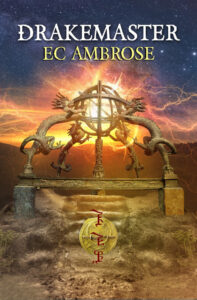 One of the great delights of writing historical fiction is the opportunity to leap into research and go bouncing off into every conceivable rabbit hole—er, to do a deep dive into a specific time, place or topic which will provide the backdrop for the story you have in mind. Unless you’re already a historical specialist in that area, doing the research is likely to consume a lot of time, attention, and other resources.
One of the great delights of writing historical fiction is the opportunity to leap into research and go bouncing off into every conceivable rabbit hole—er, to do a deep dive into a specific time, place or topic which will provide the backdrop for the story you have in mind. Unless you’re already a historical specialist in that area, doing the research is likely to consume a lot of time, attention, and other resources. When I am not in these panels, I will be at my table in Author’s Alley, signing and selling books. I also plan to have with me some of
When I am not in these panels, I will be at my table in Author’s Alley, signing and selling books. I also plan to have with me some of  And when it comes to writing, I am in something of a rut. The last novel-length piece I wrote beginning to end was Invasives, the second Radiants book, which I completed (the first draft at least) eleven months ago. Eleven months!
And when it comes to writing, I am in something of a rut. The last novel-length piece I wrote beginning to end was Invasives, the second Radiants book, which I completed (the first draft at least) eleven months ago. Eleven months!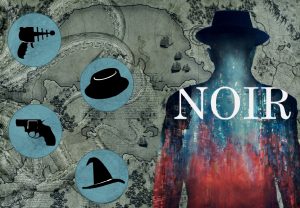 Mostly, as I say, I’ve been editing. My work. Other people’s work. The Noir anthology. I’ve been plenty busy, but I have not been as productive creatively as I would like. And I wonder if this is because of
Mostly, as I say, I’ve been editing. My work. Other people’s work. The Noir anthology. I’ve been plenty busy, but I have not been as productive creatively as I would like. And I wonder if this is because of 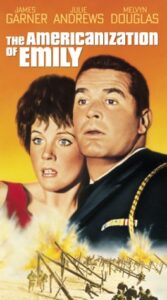 Hidden Gem movies: Two entries here, too, both of them idiosyncratic. But that’s the point, right? The first is a film from 1964 called The Americanization of Emily. It is a war movie set during World War II, but it will turn your expectations upside down as it rejects normal images of heroism and wartime valor. The cast is great — Julie Andrews in the title role is terrific. She’s worldly, sassy, and a long, long way from Mary Poppins and Fräulein Maria. James Garner, a favorite of mine, is her love interest, and is not at all the usual romantic lead. James Coburn and Melvyn Douglas are strong in supporting roles.
Hidden Gem movies: Two entries here, too, both of them idiosyncratic. But that’s the point, right? The first is a film from 1964 called The Americanization of Emily. It is a war movie set during World War II, but it will turn your expectations upside down as it rejects normal images of heroism and wartime valor. The cast is great — Julie Andrews in the title role is terrific. She’s worldly, sassy, and a long, long way from Mary Poppins and Fräulein Maria. James Garner, a favorite of mine, is her love interest, and is not at all the usual romantic lead. James Coburn and Melvyn Douglas are strong in supporting roles. Anyone who has met me and/or read this blog knows I am an avid photographer. And I have a very nice camera, a digital SLR with several interchangeable lenses that I use for landscapes, portraits, macro, travel photography, and pretty much everything else. Pretty much.
Anyone who has met me and/or read this blog knows I am an avid photographer. And I have a very nice camera, a digital SLR with several interchangeable lenses that I use for landscapes, portraits, macro, travel photography, and pretty much everything else. Pretty much.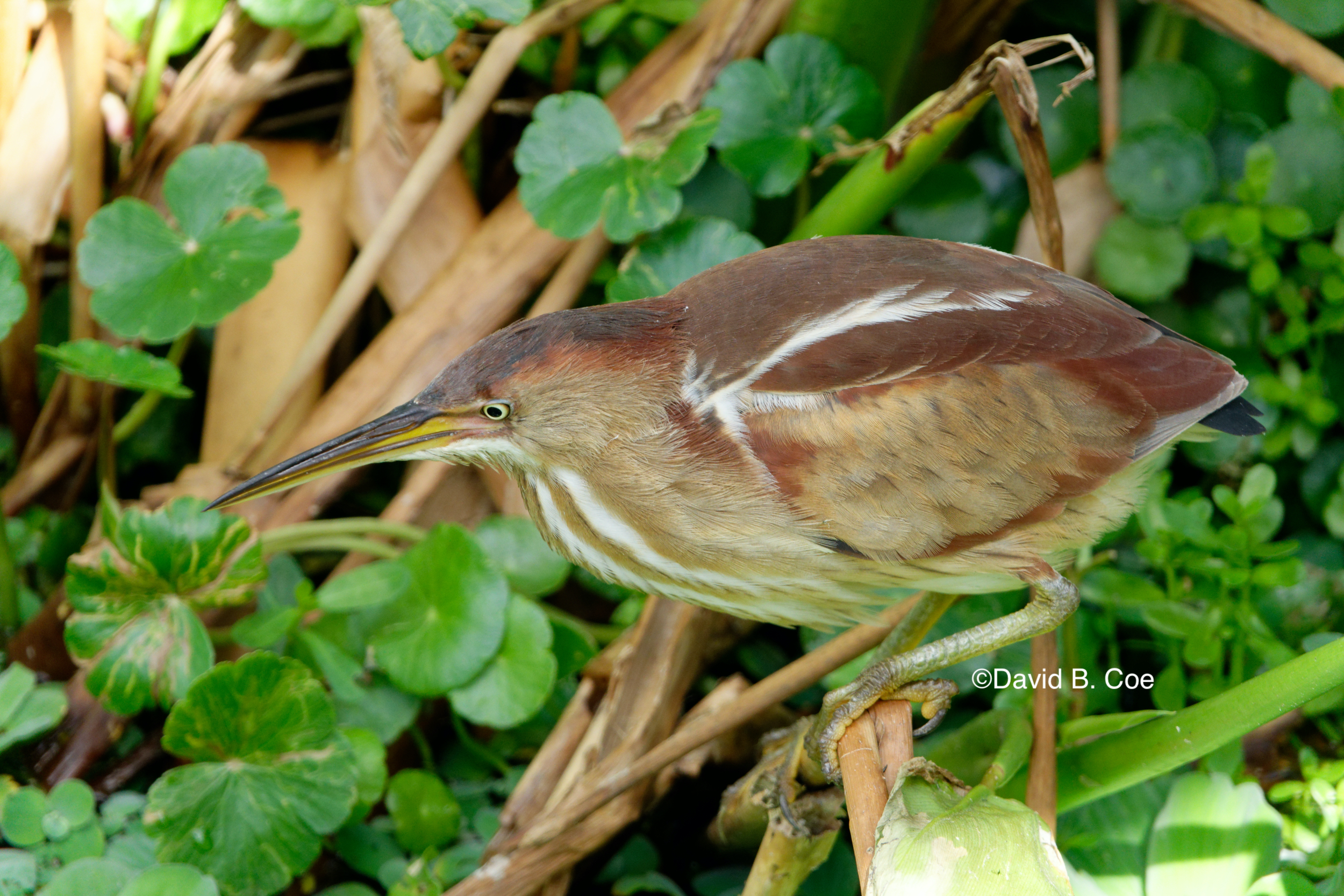
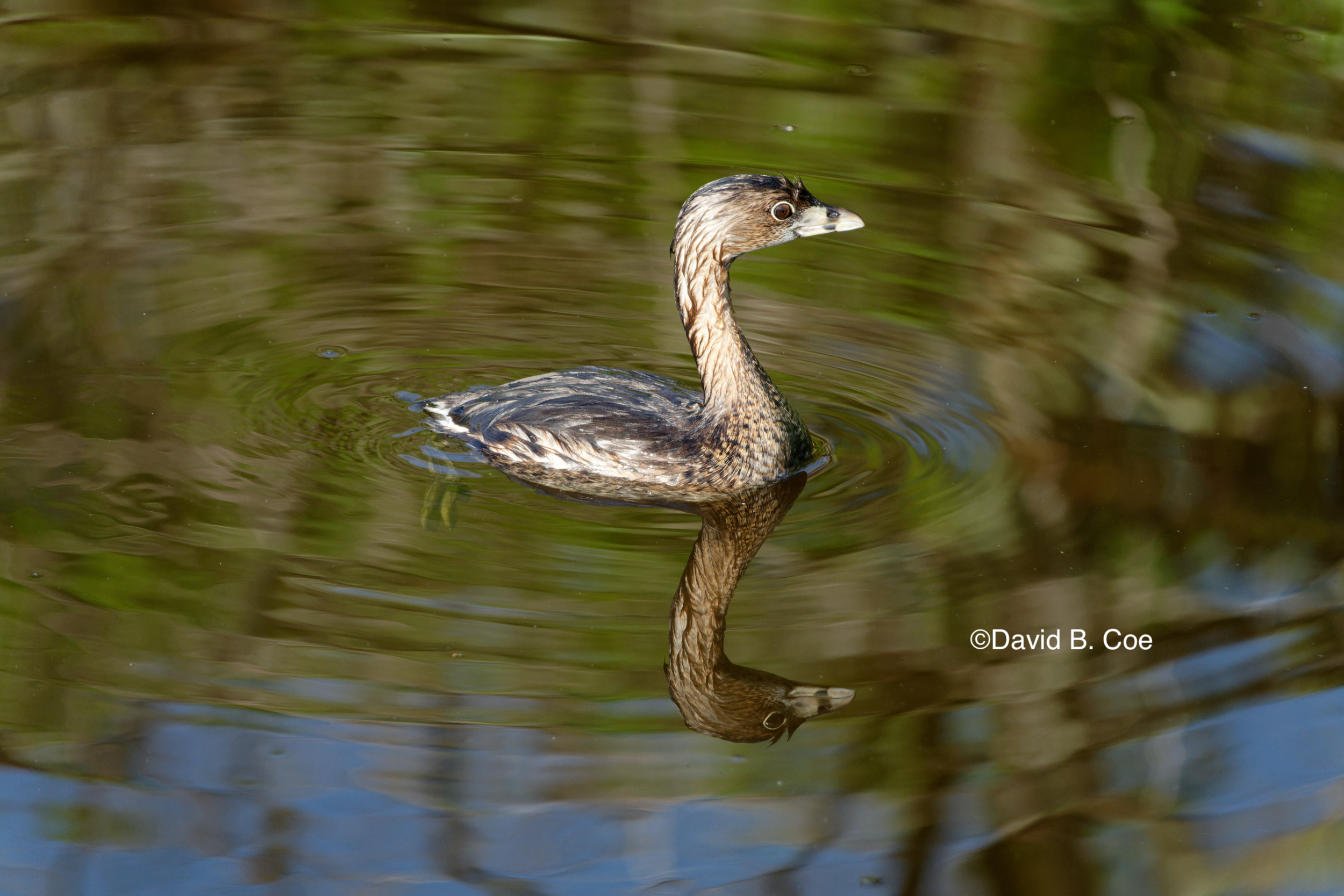
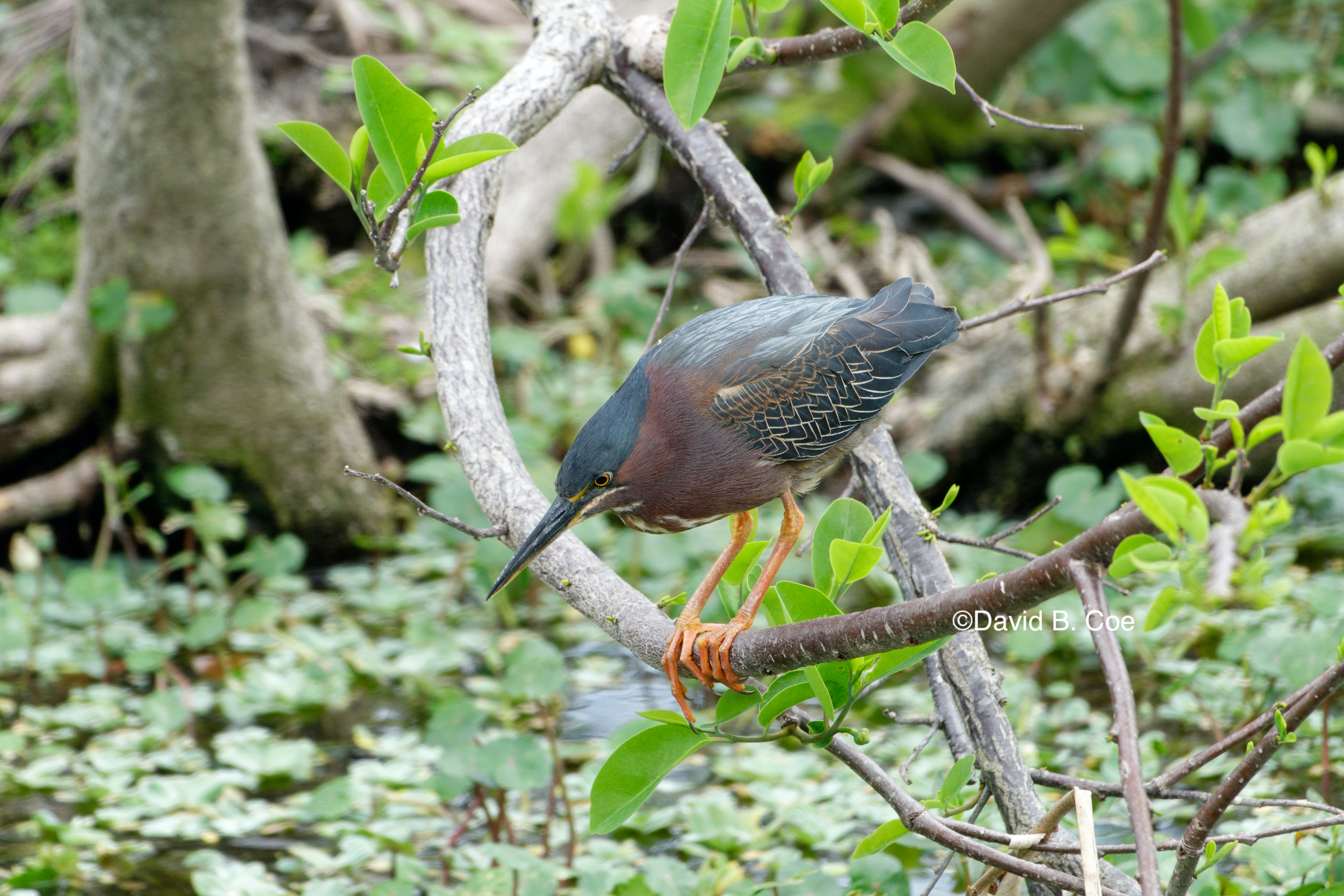

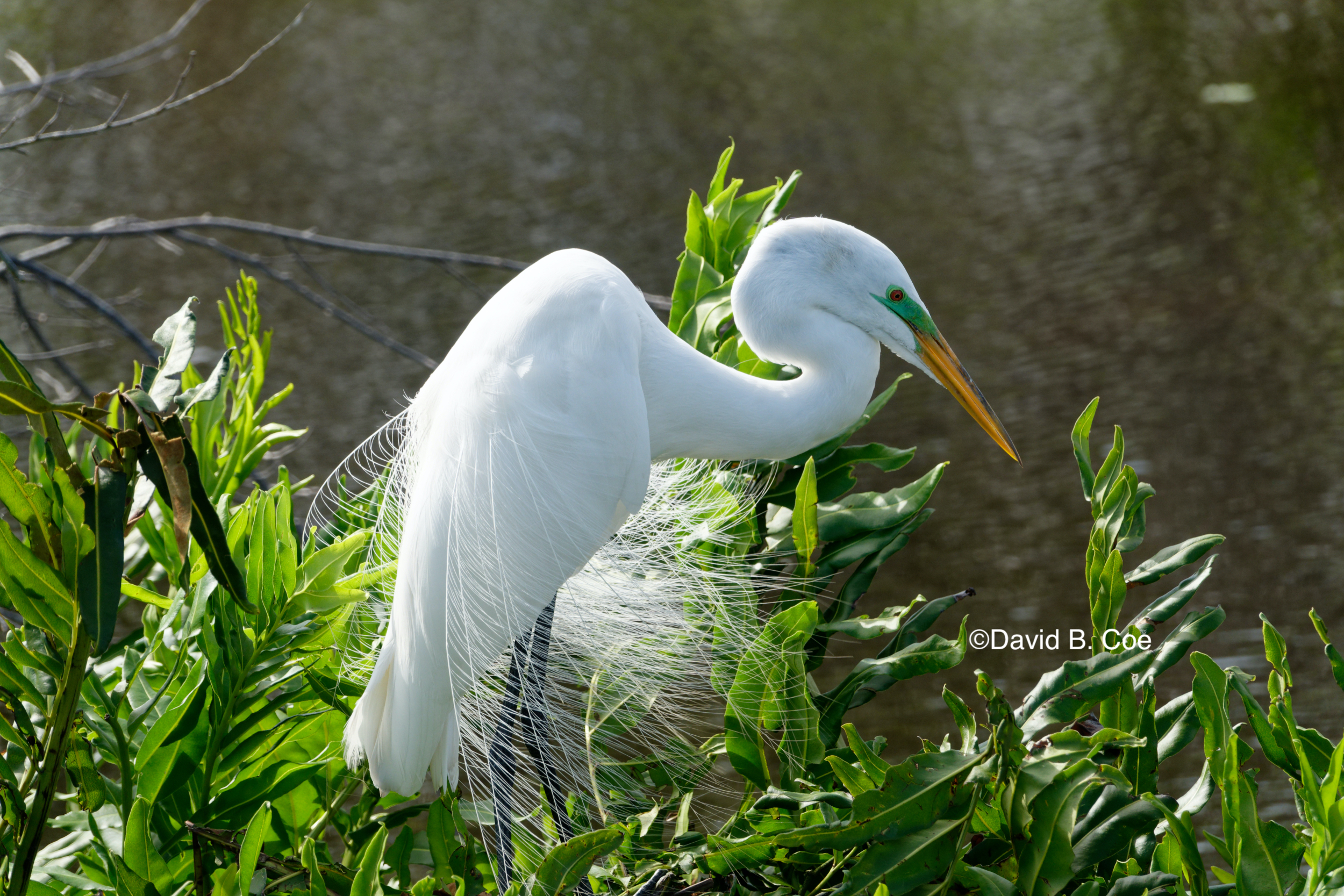
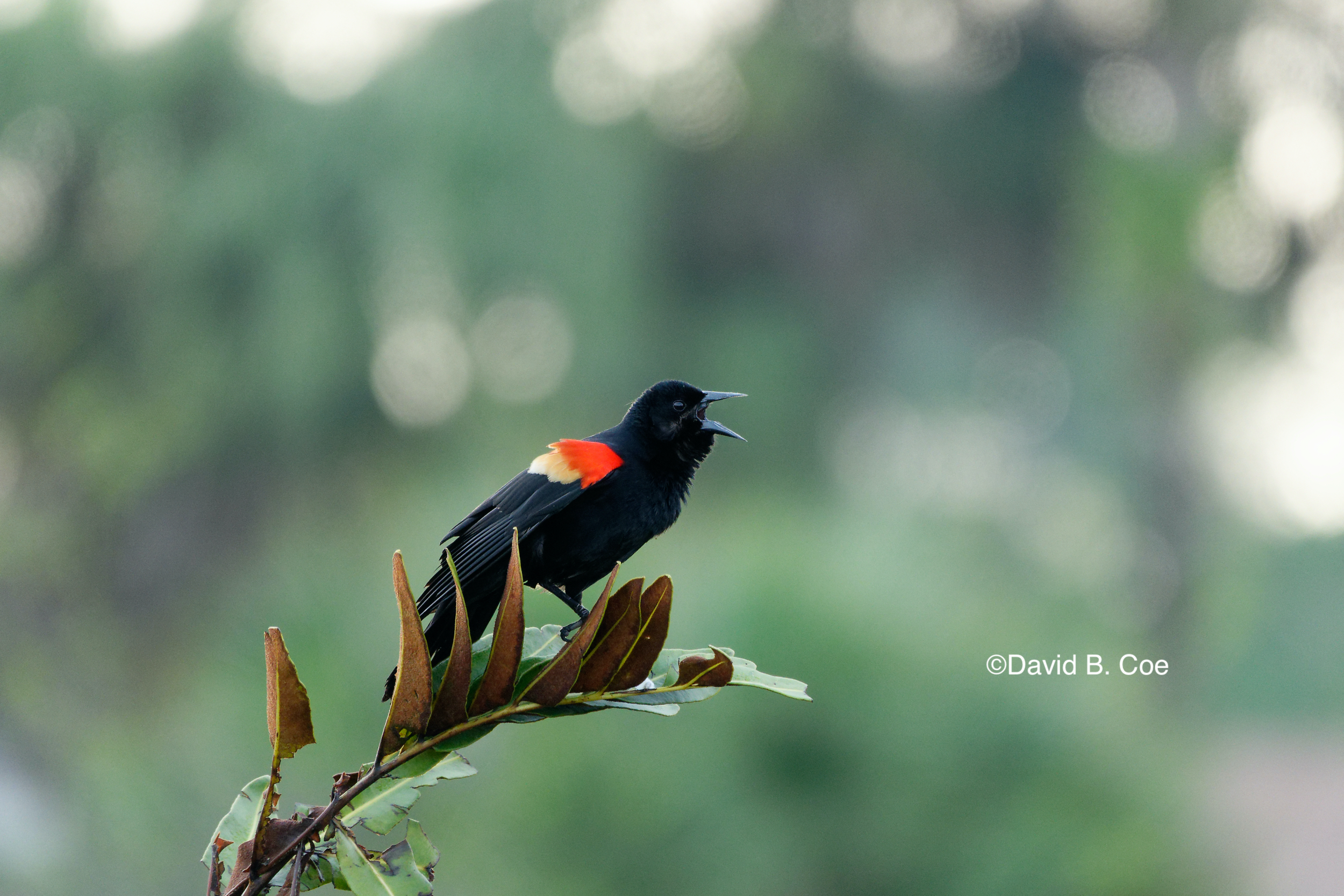
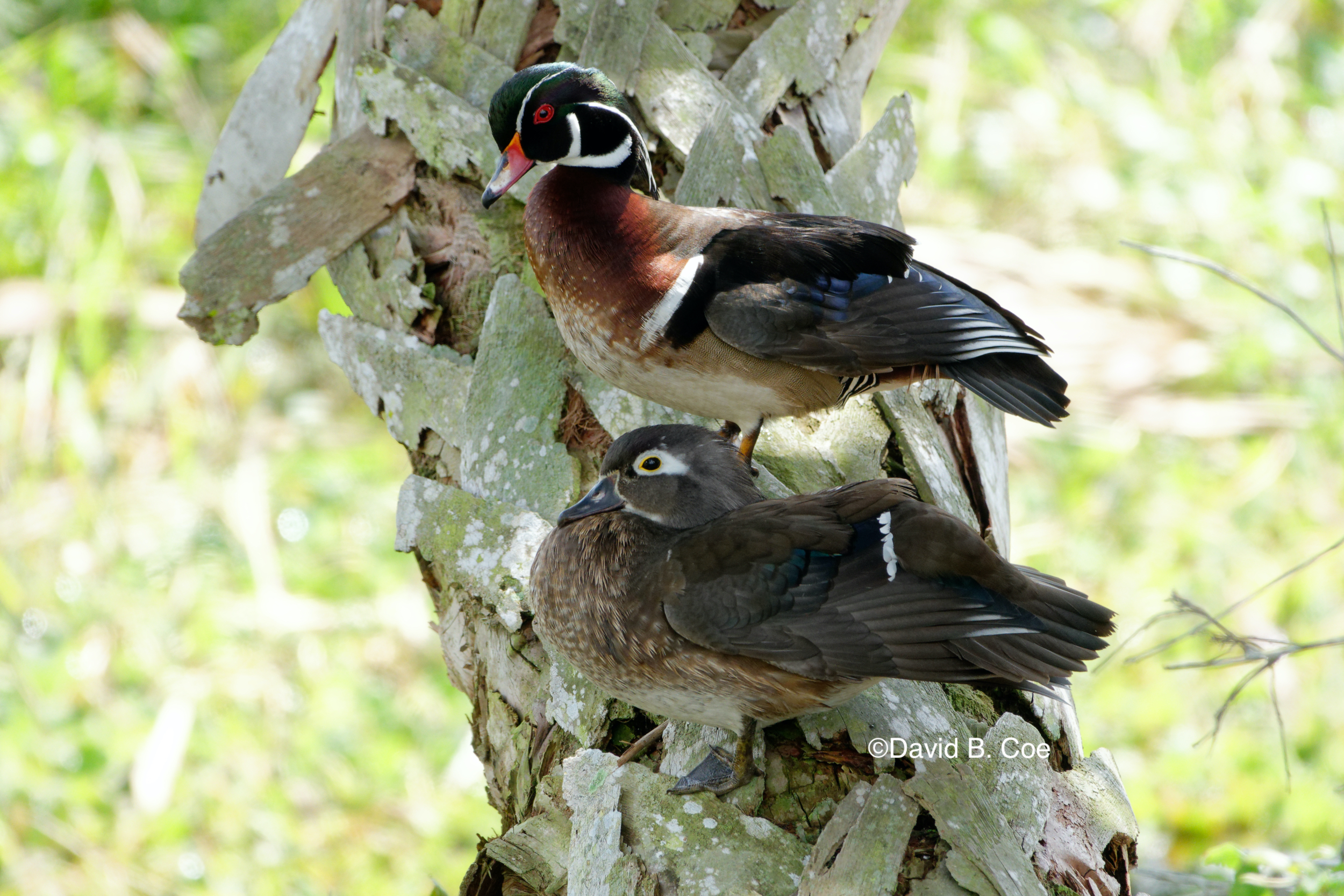
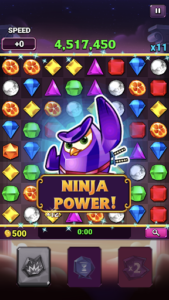 Confession #1: I play Bejeweled Blitz on my phone. I play it a lot, and I have been addicted to it for years. I have enough gold bars and coins piled up to make Warren Buffett envious. I have so many free gems wracked up that I could play for weeks straight, without pausing for meals or sleep, and never have to pay for a gem with any of those hoarded coins. It’s a bit of a sickness, actually. But I do enjoy it.
Confession #1: I play Bejeweled Blitz on my phone. I play it a lot, and I have been addicted to it for years. I have enough gold bars and coins piled up to make Warren Buffett envious. I have so many free gems wracked up that I could play for weeks straight, without pausing for meals or sleep, and never have to pay for a gem with any of those hoarded coins. It’s a bit of a sickness, actually. But I do enjoy it.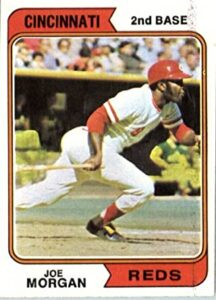 “Aha!!” I was able to reply. “What about Joe Morgan? Two time Most Valuable Player, perennial All-Star, World Series champion. He’s five foot seven!” Besides, I assured them. I didn’t expect or need to be six feet tall. I would be perfectly happy with five foot ten, like my hero, Roy White.
“Aha!!” I was able to reply. “What about Joe Morgan? Two time Most Valuable Player, perennial All-Star, World Series champion. He’s five foot seven!” Besides, I assured them. I didn’t expect or need to be six feet tall. I would be perfectly happy with five foot ten, like my hero, Roy White.